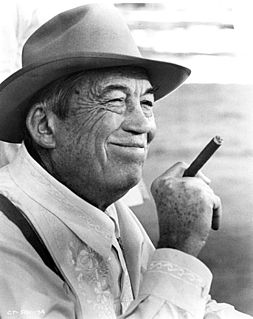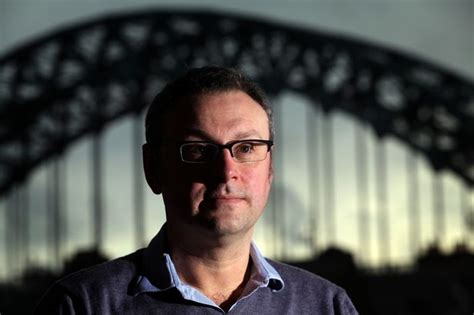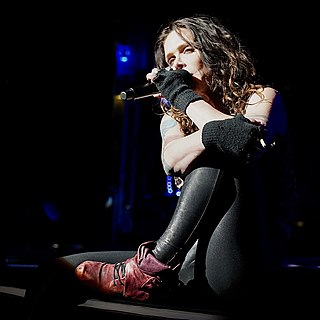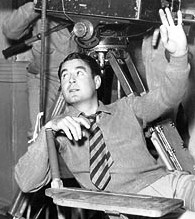A Quote by John Huston
I don't approve of censorship. I like the French theatre idea. Put on the play, and if the audience doesn't care for it, or feels offended by it, they rip up the seats.
Related Quotes
There seems to be an assumption that if you're offended by movie brutality, you are somehow playing into the hands of the people who want censorship. But this would deny those of us who don't believe in censorship the use of the only counter-balance: the freedom of the press to say that there's anything conceivably damaging in these films - the freedom to analyze their implications. How can people go on talking about the dazzling brilliance of movies and not notice that the directors are sucking up to the thugs in the audience?
With theatre, you can interpret the most complex play on stage for it have meaning to an audience because you're dealing in images, you're dealing in action, you can use different idioms to interpret and clarify something which is obscured in the reading and of course there are different kinds of play, there are mythological plays, there are what I call the dramatic sketches, direct political theatre which is virtually everybody, but I find that you can use the stage as a social vehicle, you know, which any kind of audience.
In eighth grade, when I was just the school weirdo, my drama teacher put me in a play, and we came up with a few comedy bits. And that very first reaction, for an audience of supportive middle schoolers, I put my head out and pretended I got scared by the audience, and ducked back in. They all went: 'Yeah! That's great!'
When people discuss his plays, he says that he feels like he's standing at customs watching an official ransack his luggage. He cheerfully declares responsibility for a play about two people, and suddenly the officer is finding all manner of exotic contraband like the nature of God and identity, and while he can't deny that they're there, he can't for the life of him remember putting them there. In the end, a play is not the product of an idea; an idea is the product of a play.






































